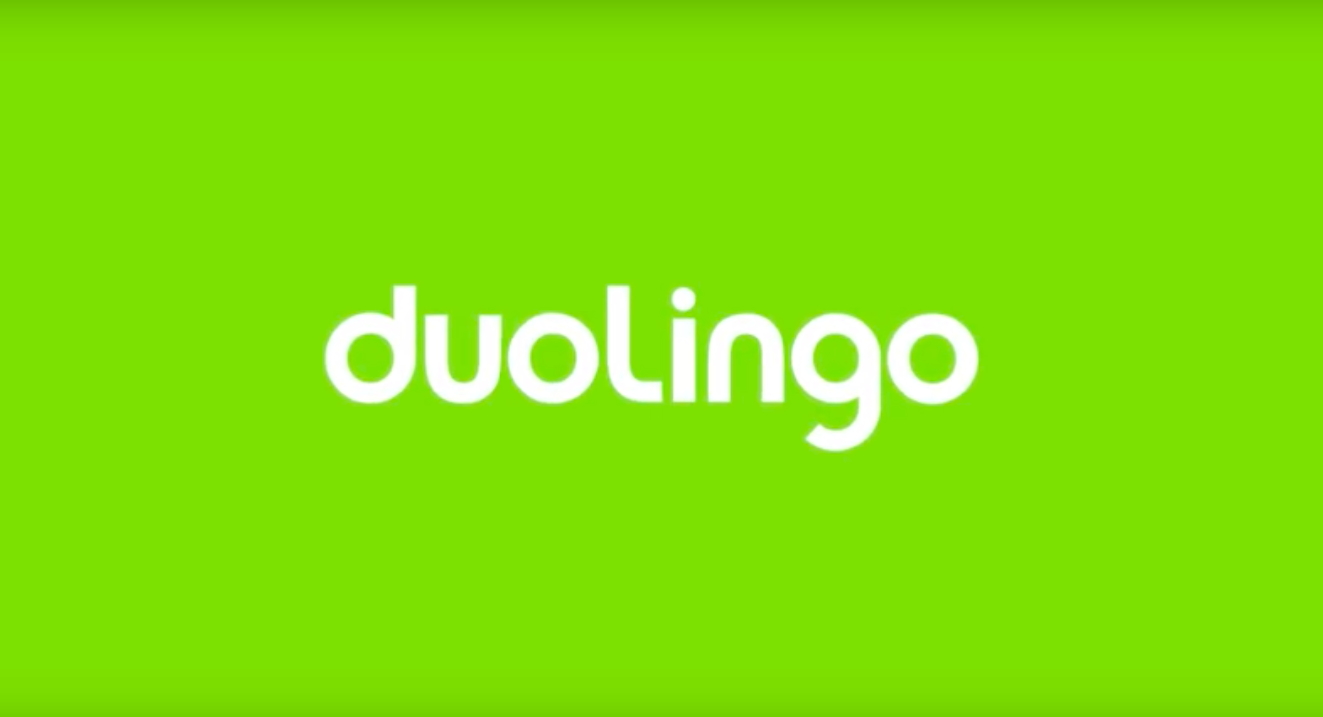
Editor’s Picks
This Week in eLearning: Online Courses for Cannabis Entrepreneurs, Fighting Fake News with Media Literacy, and the First Blended J.D. Law Degree Just Graduated Its First Class
By Henry Kronk
January 10, 2018
Online Courses for Cannabis Entrepreneurs
In 2017, the legal cannabis business in North America was worth an estimated 10 billion. But while the cannabis business can yield large profits, it is also complex. Even in states where medical marijuana is legal, banks frequently refuse to work with business owners seeking to grow, distribute, or sell medical marijuana products. Staying in compliance with local laws is also a challenge. As the owners of cannabis start ups look for support, a growing range of online courses for cannabis entrepreneurs has appeared to fill the knowledge gap and help the industry keep up with growing demand for cannabis education.
The nation’s first cannabis university, Oakerdam has been offering a combination of in-person hands-on courses and online programs for over a decade. Unlike Oakerdam with its campus-based focus, most cannabis programs are offered primarily or exclusively online rather than in person. Hoping to become a “budtender” or just get a Marijuana 101 Certificate? If so, the Colorado-based THC University may be your best bet. Another Colorado-based institution that operates online is the Cannabis Training University. They bill themselves as the “world’s leading online marijuana school” and have a specific focus on medical marijuana education. For entrepreneurs who need support wading through the reams of paperwork that come with opening any cannabis-based business, the College of Cannabis is another option. It offers Complete Medical Marijuana Startup Docs and Forms (the course not only walks one through the process of opening a cannabis business but provides the forms needed to do so). [Read more …]
Fighting Fake News with Media Literacy
As the Associated Press reported over the weekend, one issue in 2017 drew support from both sides of the aisle in states around the country: combating fake news. Though it has been taken up in diverse states, the solution to the proliferation of fake news is always the same: education.
By increasing education among students who spend more and more of their lives online, policymakers in Washington state, Rhode Island, New Mexico, and Connecticut aim to help their young residents distinguish the wheat from the chaff.
Legislative bodies in Arizona, New York, and Hawaii also plan to vote on similar measures this year.
“I don’t think it’s a partisan issue to appreciate the importance of good information and the teaching of tools for navigating the information environment,” said Washington Republican state senator Hans Zeiger, according to the AP. “There is such a thing as an objective source versus other kinds of sources, and that’s an appropriate thing for schools to be teaching.” Zenger co-sponsored one such bill that passed earlier in 2017.
While some might believe middle and high school students hip to changes in technology and how it is used to convey information, a body of research suggests otherwise.
In 2016, a Stanford team found that 82% of middle-schoolers could not tell the difference between a real news story and an ad described as ‘sponsored content’ on a website. Three quarters of middle-schoolers placed trust in a post written by a bank executive in which he argued that young people could benefit from more help with financial planning. When shown a photo of deformed daisies in connection with the Fukushima nuclear plant disaster, 40% of students took it as proof of the event, although it was never attributed and no source was given. The researchers surveyed 7,800 students ranging in age between middle-school level and college. [Read more …]
The First Blended Law School Program Just Graduated Its First Class
Over the weekend, the first blended J.D. program available in the U.S. accredited by the American Bar Association (ABA) graduated its first class of 16 learners. Though the students who participated in the hybrid program at the Mitchell Hamline School of Law received the same degree as their peers in other institutions, they did not spend the same amount of time in the classroom.
Most coursework was completed online, and students rarely needed to come in to campus except for occasional ‘capstone’ weeks and an initial orientation period in the first and second year.
Online and blended degrees have surged forward in numerous fields in North America as more and more students prefer a flexible and affordable path to graduation. But for law degrees, or Juris Doctors (J.D.), the iceberg has been slow to melt.
Each semester is organized into 11-12 week periods where students take care of half of their coursework. For one week per semester, learners then travel to campus and undergo a super-intensive capstone week. These week-long marathons account for the other half of their credits. [Read more …]









No Comments